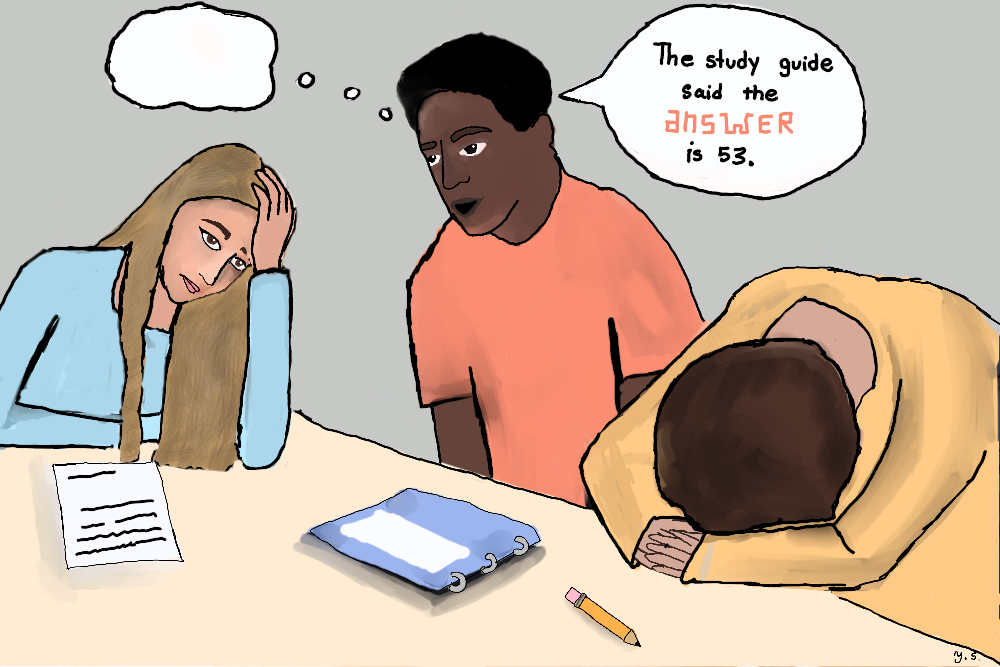By Christina Burke
Features Editor
Drugs. The word has a negative connotation that is derived from the established morality in society over time. After years of teaching generation after generation of kids this negative connotation, it does not seem right to reverse the implication.
Within the last few months, there has been great debate in many different areas of the United States over whether or not to legalize the recreational use of marijuana. While 18 states have laws stating the medical use of marijuana is legal, Colorado and Washington have recently become the first and only two states to legalize the distribution and recreational use of marijuana.
During the times of this breakthrough, the state of Texas has remained hesitant towards the issue. Texas legislators have proved unwilling to endorse the cause for legalization of the drug with good reason. Even so, if action were taken, most would ultimately vote against the idea in response to the morality in which they have been raised. Making an attempt to legalize the drug would defile the very concepts that are preached as soapbox subjects to citizens from young ages.
Think of the school system; at an elementary age, schools have great affect on the moral developments of children. The government tells the schools what to teach, and that is what the children learn. That being said, the government cannot promote anything generally un-favored by the public, such as the usage of drugs, and has heavy influence on the development of the idea that drugs are bad which is delivered over and over again by the school system.
Even with restrictions on marijuana, users still find ways to obtain it for recreational use. Unfortunately, a good portion of these recreational users sits among the age range of CHS students. Recent statistics show that 73 percent of tenth graders and 85 percent of twelfth graders have admitted to giving the drug at least one try, and said that it is fairly east to obtain.
High statistics of users on an illegal product will only shoot up if it is legalized. Even with the strict anti-drug education enforced in local schools, kids seem to see past the consequences and defy the law anyways. Smoking marijuana not only negatively affects short-term memory, but also leads to possible addiction and can lead to the trial of other, more dangerous substances. None of the consequences are worth suffering at such a young age.
The legalization of marijuana will lead us right back into the past when there was a higher moral favor for marijuana. The drug was once much more favored among the public, but its popularity fell as correlations between heavy users and less success in life became more evident. From this rose the anti-drug moral that society is based off of today.
Legalizing something that has been outlawed for several generations could cause culture shock for the younger generations. More people rather than just current users would feel obliged to give the drug a try with the mentality that if people say it is OK then it must be. That is not the message that we want to send to future generations.
Children tend to associate bad choices with what the law says; legalizing marijuana will flip the switch in their minds that if the law approves then the drug must be safe to use. Marijuana may not be the most powerful drug available, but it is still addicting and serves as a gateway drug leading to more destructive decisions as time goes on.
Marijuana has been illegal for decades with good intentions. Despite its medical relief, it is still labeled a drug that should not be underestimated. Legalizing a drug of any kind could lead to a period of time where drug usage spikes and spirals out of control, which would not ultimately be good for our society.








